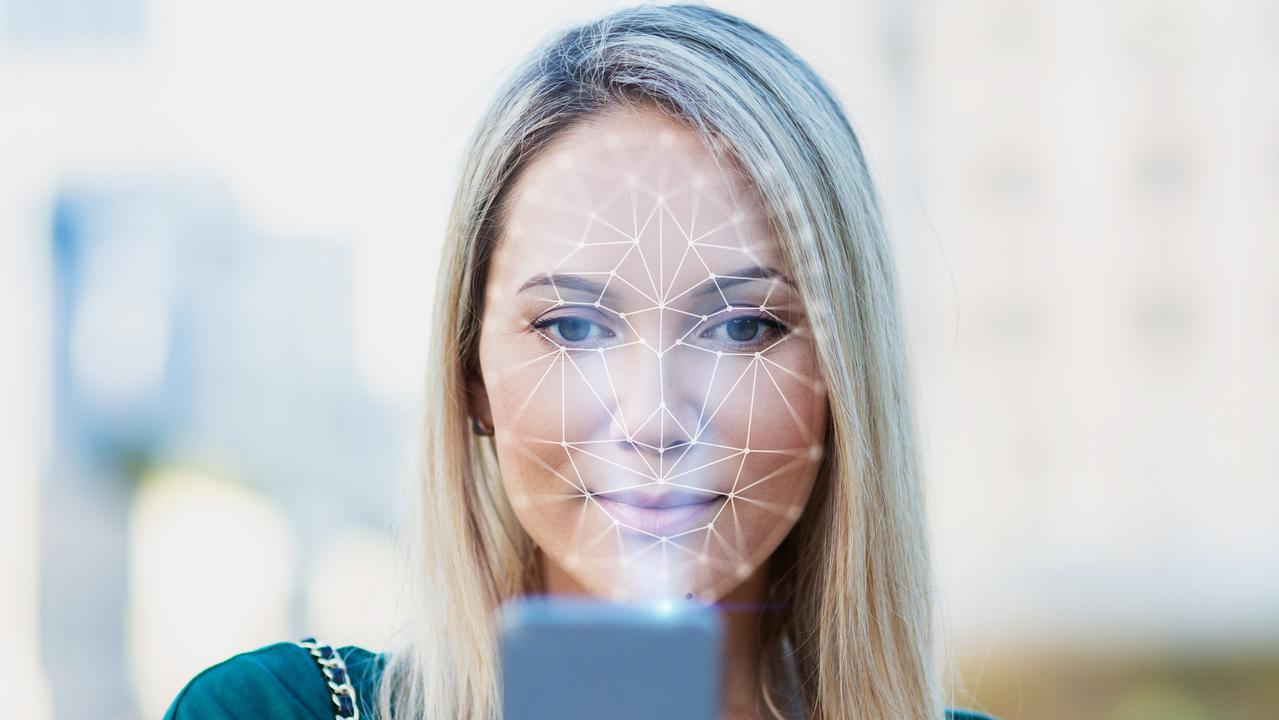Facebook shuts down face recognition system
Facebook has announced one of the largest shifts in facial recognition technology usage in the company’s history.
Facebook has announced it is shutting down its face recognition system.
The technology scanned the face data of more than a billion users, sparking privacy concerns, government probes and class-action lawsuits.
Facebook said it was making the change because of “many concerns about the place of facial recognition technology in society”.
In a blog post, Jerome Pesenti, VP of Artificial Intelligence, said people who had opted in would no longer be automatically recognised in photos and videos.
“We will delete more than a billion people’s individual facial recognition templates,” he said.
“We need to weigh the positive use cases for facial recognition against growing societal concerns, especially as regulators have yet to provide clear rules.”

However, Facebook has not totally killed off the idea of using face recognition technology in the future.
Mr Pesenti said the company recognised that facial recognition technology was a powerful tool. “For example, for people needing to verify their identity, or to prevent fraud and impersonation,” he said.
“Every new technology brings with it potential for both benefit and concern, and we want to find the right balance,” he added.
Facebook announced on October 29 that it is changing its name to Meta.
My jaw dropped to the floor when I got this news. Facebook is shutting down the facial recognition system that it introduced more than 10 years ago and deleting the faceprints of 1 billion people: https://t.co/kzc9PhFffB
— Kashmir Hill (@kashhill) November 2, 2021
What this means for Facebook users
The technology will no longer automatically recognise if people’s faces appear in Memories, photos or videos.
People will no longer be able to turn on face recognition for suggested tagging or see a suggested tag with their name in photos and videos they may appear in.
The change will also impact Automatic Alt Text (AAT), a technology used to create image descriptions for people who are blind or visually impaired.
After the change, AAT will still be able to recognise how many people are in a photo, but will no longer attempt to identify who each person is using facial recognition.
Facebook said otherwise, AAT would continue to function normally. Facebook also pledged to work closely with the blind and visually impaired community on technologies to continually improve AAT.
For anyone who has opted in to the Face Recognition setting, Facebook will delete the template used to identify them.
Massive repository of digital photos
Facebook introduced the system in December 2010.
It has built one of the largest repositories of digital photos in the world, partly thanks to the facial recognition software, the New York Times reports.
There are however, major privacy concerns about the technology.
The US Federal Trade Commission fined Facebook US$5 billion to settle privacy complaints in 2019.
The FTC ordered Facebook to provide clear and conspicuous notice of its use of facial recognition technology, and obtain affirmative express user consent prior to any use that materially exceeds its prior disclosures to users.
There are also concerns about law enforcement using facial recognition technology.
In 2019 it was revealed that Clearview AI had trawled the internet - including Facebook - to amass more than three billion photos.
Clearview AI uses facial recognition technology to identify people and sells that information to law enforcement agencies, including police.




